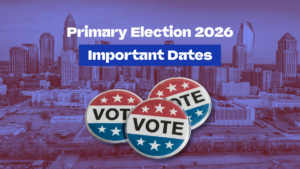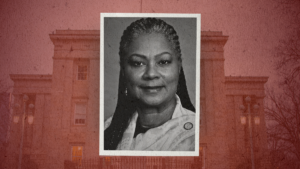Source: WRAL
North Carolina is one step closer to legalizing happy hour after a new bill, HB 94, was introduced in the General Assembly. The current law, which dates back to Prohibition, makes the sale of discounted alcoholic beverages illegal in the state. The bill, which was sponsored by a bipartisan group of lawmakers, would allow individual cities and counties to legalize limited-time drink specials and promotions during a designated time frame, usually between 4 p.m. and 6 p.m.
The bill has been met with enthusiasm from both business owners and consumers alike. Business owners are looking forward to the extra revenue that happy hour will bring in, while consumers are excited to have the chance to enjoy discounted drinks.
According to WRAL, the new bill would allow:
- Selling an alcoholic beverage at a price that is different from the usual or established price charged for the alcoholic beverage
- Selling more than one alcoholic beverage to a patron for a single price
- Establishing a single price based on the required purchase of more than one alcoholic beverage
- Offering “cents off” coupons
- Offering a meal and alcoholic beverage at a single total price, whether or not the total price reflects a reduced price of the alcoholic beverage
- Advertising the price and type of alcoholic beverages on outside signage located on the permittee’s premises, via newspapers, radio, television, and other mass media, or on outside signage located on the permittee’s premises and via newspapers, radio, television, and other mass media
A similar bill was introduced in the past but failed to pass. Republican supporters in the business community tend to want such rules, but many religious activists oppose them. The key to winning support with the GOP for HB 94 is in the bill’s language that allows rural areas to keep stricter alcohol rules if local leaders want, while allowing bigger cities to pass the new rules.
Lawmakers and advocates are enthusiastic about the bill’s potential to pass in the legislature and be enacted by Governor Cooper. “This is not a Republican or Democrat bill, so I don’t see the governor being opposed to this,” said Jay Ruth, owner of Tinyz Tavern and founding member of the nonprofit group, North Carolina Bar Owners Association.




